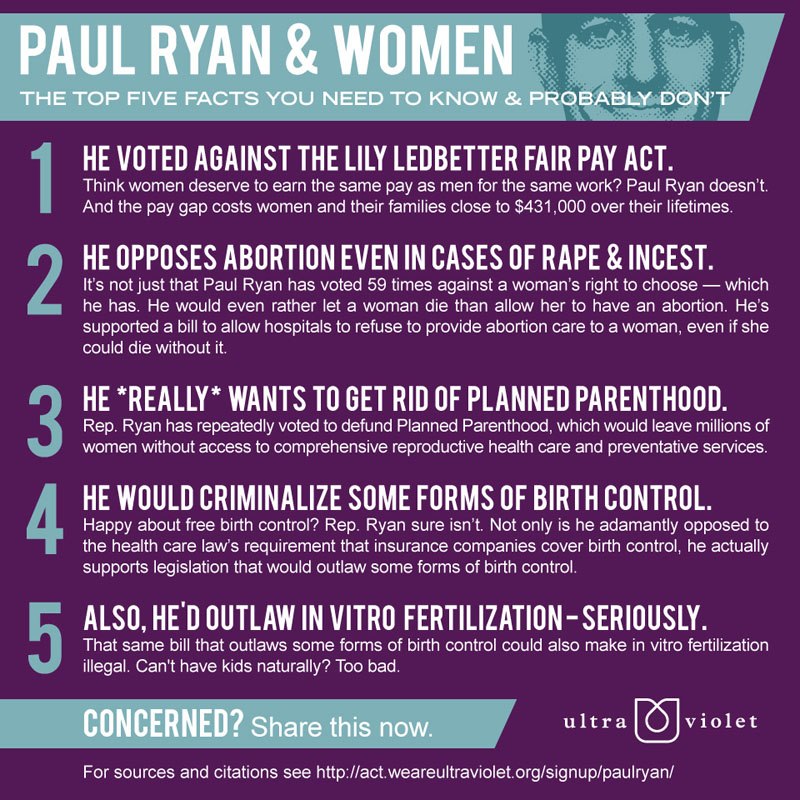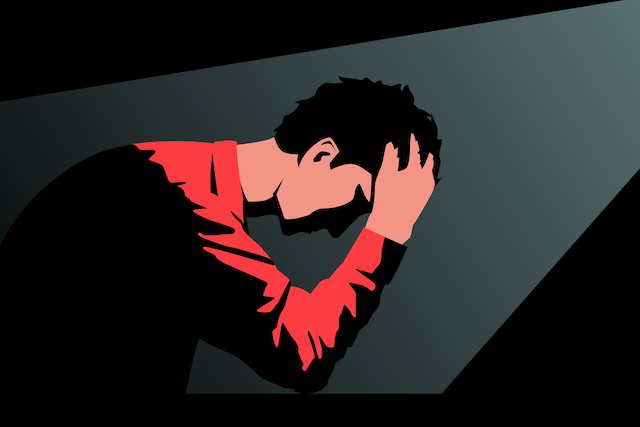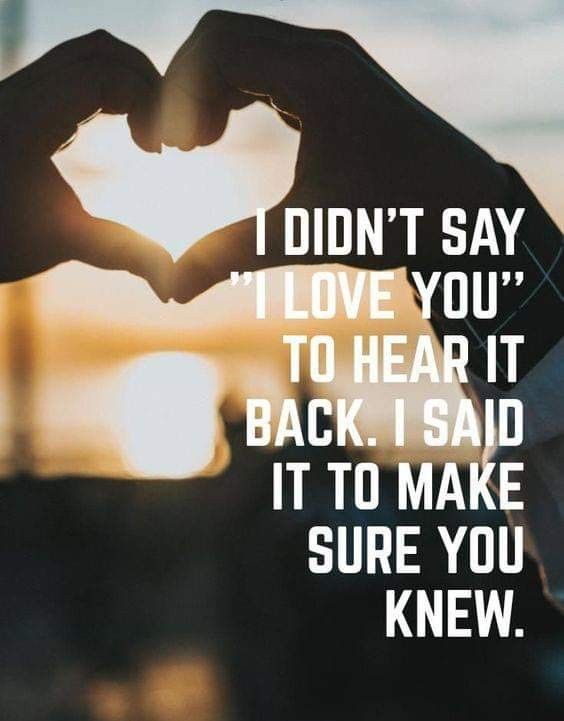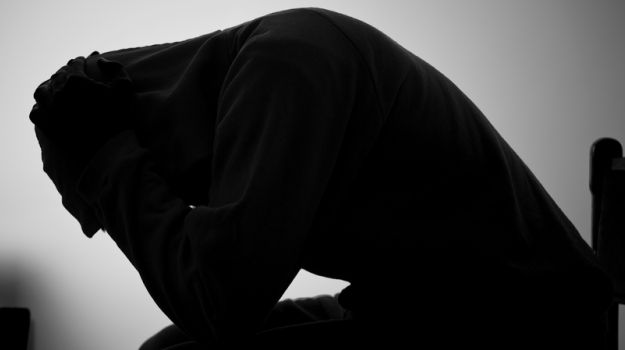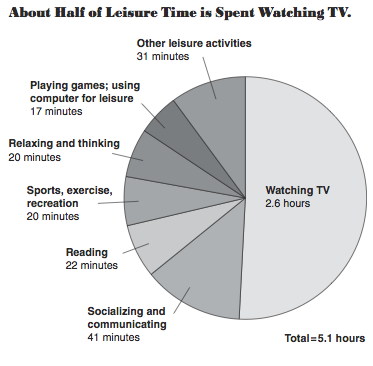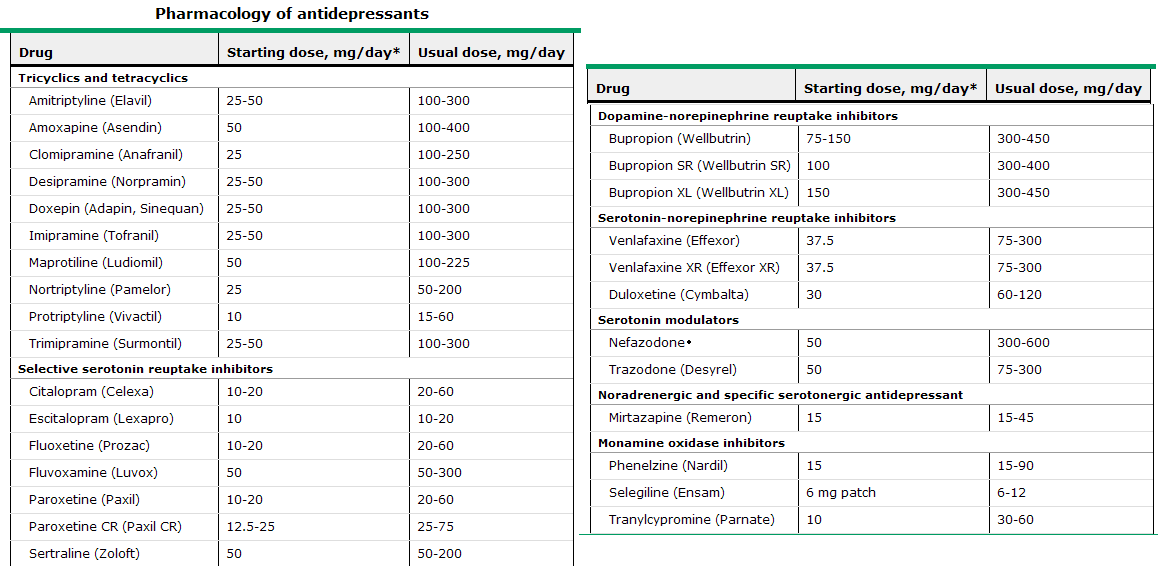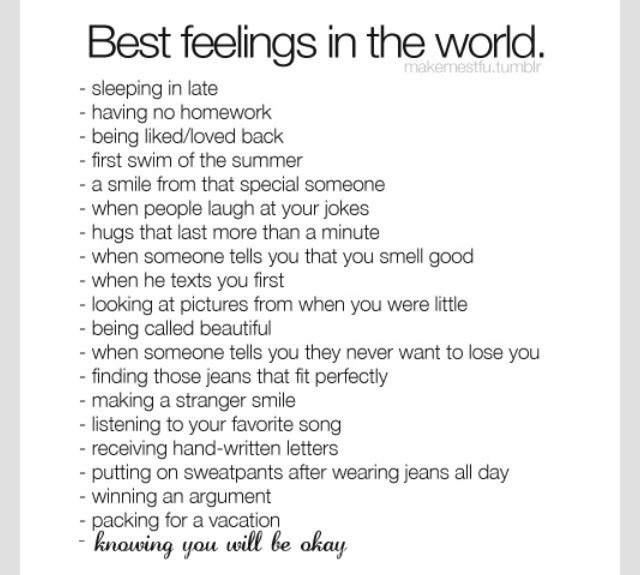Why am i not excited for my birthday
Why Birthdays Are So Hard
It’s my birthday today! (pause for celebration, confetti, and cheer.) And while I love birthdays, I also know that birthday depression can be hard, anxiety-inducing, and full of pressure.
Have you ever been asked any of the following questions on your birthday?
- What are you going to do today?
- How are you celebrating?
- Aren’t you excited?
- What should we do?
- Where do you want to go to celebrate?
The Peculiar Phenomenon of Birthday Blues
I’ve noticed a very particular pattern with certain people right around their birthday. Their behavior starts to change, and they get nervous or even sad. They have the birthday blues,
Does this sound like you? If so, I want to tell you…
You are not alone.
What is birthday depression?Urban Dictionary defines “Birthday Blues” or “birthday depression” as “a general sadness or feeling down by a person on or around his or her birthday. ” A person feeling birthday blues should know that it is normal to feel this way and should be supported by his or her family and friends.
But what if the person with birthday blues doesn’t have any friends or family? This is especially common in the elderly, who often spend their birthdays alone. One study of persons aged 75 and over found that in the 30 days before and after a birthday, the rate of self-inflicted deaths increased.
Why is that? The study suggests that people’s morale are greatly affected during their birthday season.
↑ Table of Contents ↑
Why are Birthdays so Hard?While there may be many reasons someone feels down on their birthday, some of the most common reasons include:
Aging. Birthdays can remind us that we are aging another year. It’s the “official” day that we are one year older, even though the day before our birthday we feel virtually the same. And unfortunately, getting older isn’t exactly something to look forward to.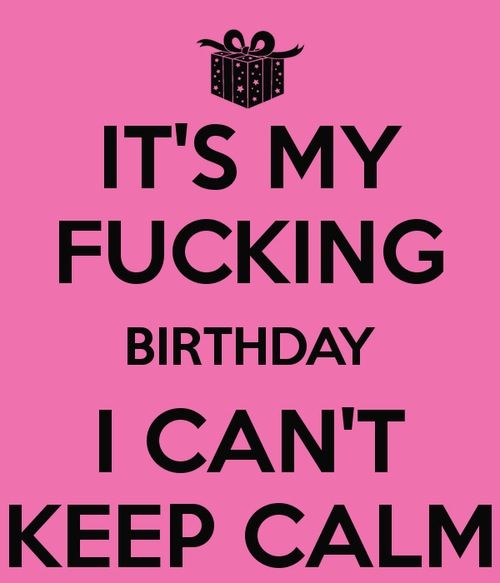 A birthday is just another reminder that we’re not getting any younger.
A birthday is just another reminder that we’re not getting any younger.
High expectations. Sometimes we are disappointed by not having expectations met by a birthday party, celebration, or gifts. I’ll cover more of that below.
Lack of accomplishments. Feeling unsatisfied with accomplishments since the previous year or previous birthday is a common cause for birthday depression.
Social pressure. Have you ever felt like all the birthdays in movies look really good? Or maybe you see your friend’s Instagram picture and see how cool their birthday parties are. So if we decide to spend our birthday alone or with a few close friends, we might feel it’s just not “good enough.”
Less excitement. When we are kids, birthdays are awesome. We get to party, go to the movies, and eat cake. When we are older, birthdays are, for some, ehhh. When our adult birthdays aren’t as exciting as our kid birthdays, that mismatch can cause the birthday blues.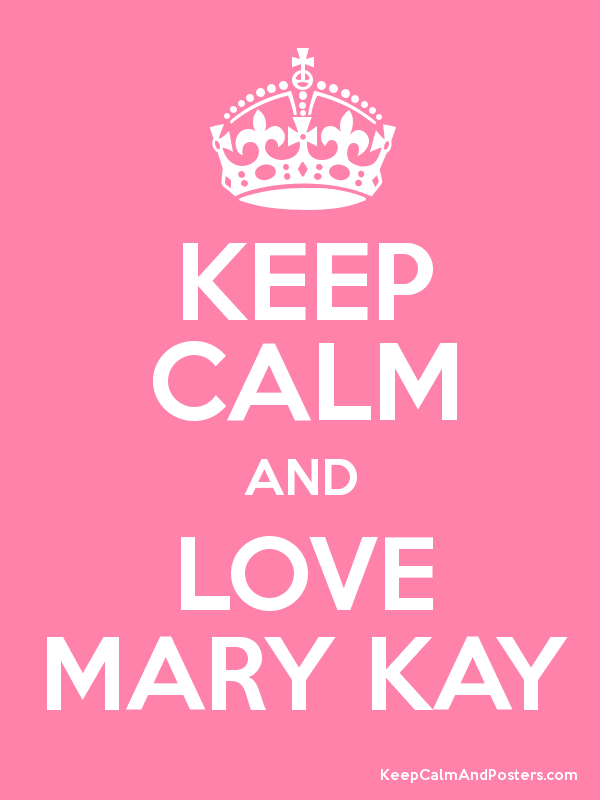
Milestone birthdays. Have you ever heard of Sweet 16, 21, 30, 40, 50, and 60? These are the “milestone birthdays” that are celebrated throughout our culture. Some people may feel sad if they don’t have a huge party to celebrate their milestone birthday.
Less love. You’re 4 years old? Wow, great job! Turning 18? Finally an adult! It’s your 45th birthday? Umm…congratulations? As growing adults, you may notice how people pay less attention to you—especially the older you get.
↑ Table of Contents ↑
Who Can Experience Birthday Depression?- People who don’t have many friends or family members. These people may face birthday blues because there’s simply nobody to spend their birthday with, and they feel like birthdays must be celebrated with close people.
- People with fake friends. Even though these people might have friends over for their birthday, they might feel empty inside because they have fake or toxic friends, and not real ones.
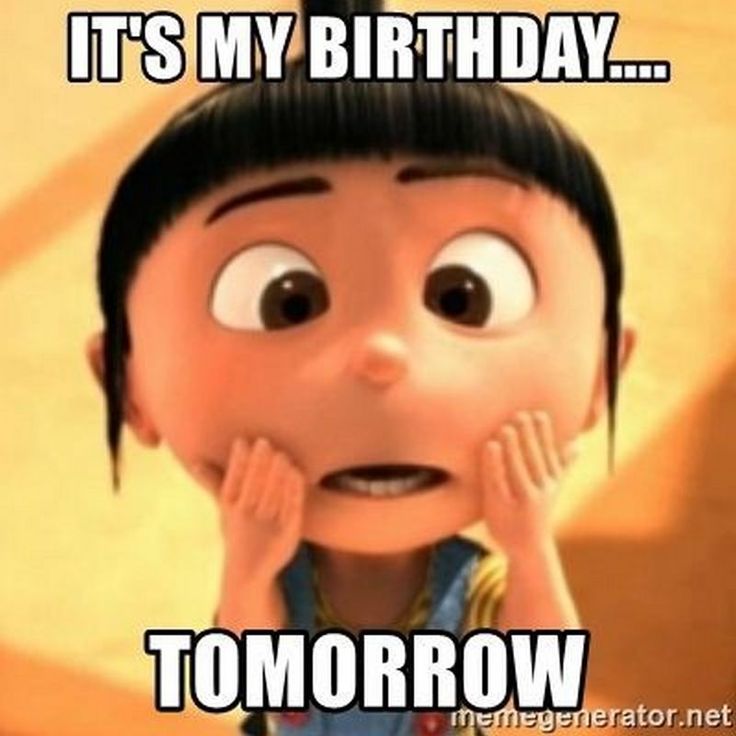
- People struggling with anxiety. If you have anxiety, you may have fears surrounding the birthday itself. Who to invite, how to handle yourself in social situations, what other people think about you—all these things can lead to increased anxiety, or even depression.
- Introverted people. Introverts might feel the most comfortable spending time alone, but feel like they have to socialize with others during their birthday.
- People who have high expectations. There’s a long list of expectations surrounding a birthday. If these expectations are not met, it can lead to the birthday blues.
↑ Table of Contents ↑
Birthday ExpectationsThere’s this unspoken idea surrounding birthdays that they have to be big, exciting, and EPIC. And this expectation alone can cause birthday nerves and anxiety. There are also a ton of other birthday expectations that don’t come close to reality:
Expectation: I’m going to invite all my friends over!
Reality: Does anyone want to come to my birthday party? *Crickets*
Expectation: I’m going to look fabulous on my birthday with the new makeup and dress I got for Christmas!
Reality: Oh shoot, did I gain some weight? It doesn’t fit anymore! And I totally overdid the eyeshadow.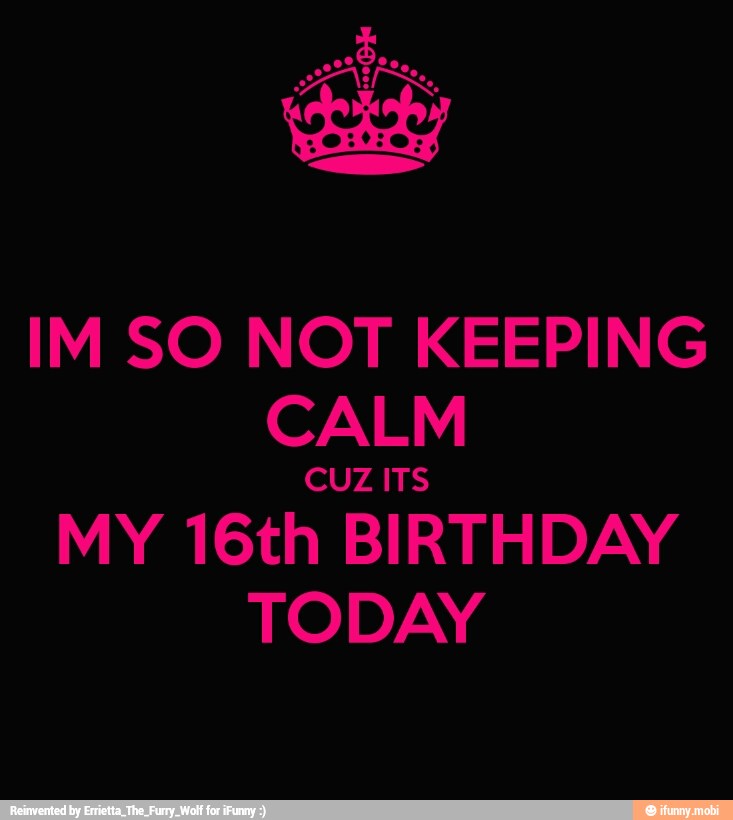 Well, time to go to Plan B…plain top and pajamas.
Well, time to go to Plan B…plain top and pajamas.
Expectation: My birthday party is going to be at 7:00. I’m sure everyone will arrive on time!
Reality: 7:30. Empty room. *Checks phone* No new messages.
Expectation: I know exactly what kind of birthday cake I want!
Reality: Vanilla, for sure. No, chocolate. No wait, vanilla. Can we have both? Okay, we can do a fruitcake. Wait no, vanilla. But what if I want chocolate? Ugh, fine. Two birthday cakes.
Expectation: Wow, I can’t wait to see what kind of gifts I get!
Reality: Oh, thanks grandma. I really wanted those socks. They’re very… comfortable.
Expectation: I’m going to book the best pizza venue in town!
Reality: Sorry, all booked until 2030. Can we celebrate my 35th birthday a decade later?
Here are a few tips if you’re feeling the Birthday Blues on your next birthday:
↑ Table of Contents ↑
4 Unique Things to Do on Your Birthday:What if I told you that your entire birthday mindset could shift by doing four things.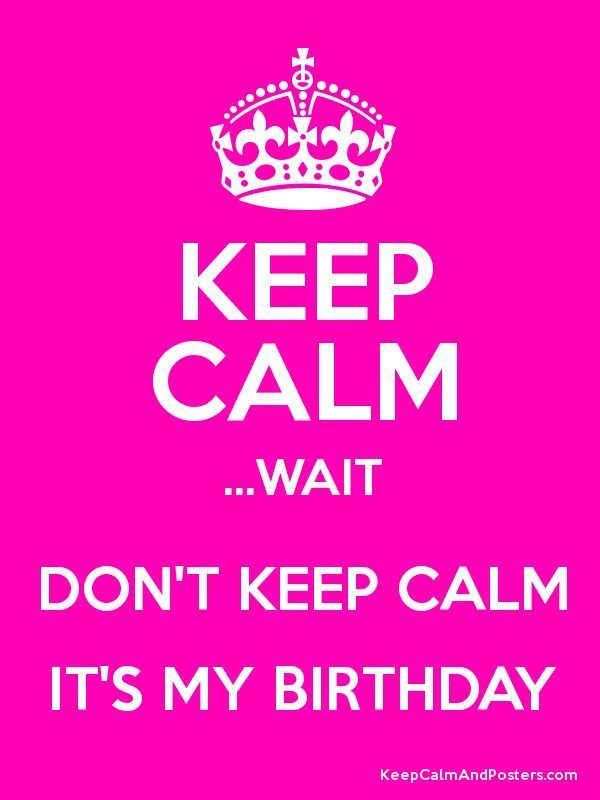
Well… not quite things, but, rather, answering four questions.
There are 4 specific questions I ask myself to deepen my learning and grow my understanding of myself. Every birthday, I take out my journal and write my answers down. And every birthday, I learn something new about myself and feel a little more cheerful and grateful. Here are the 4 questions you should answer in your birthday journal.
- What was the best thing that happened last year?
There are so many things that happen in one year of our lives. But what was the ONE thing that stood out to you the most? Review your year and choose your favorite thing… it could be something big, such as:
- Going on a travel vacation
- Getting a raise at your job
- Finding your soulmate
Or even something small:
- Making a new friend
- Playing a really cool board game
- Having an amazing conversation with someone
- Setting a good habit or breaking a bad one
Whatever it is, cherish that moment and feel grateful for the best thing that happened last year!
Write it down: The best thing that happened last year was _____.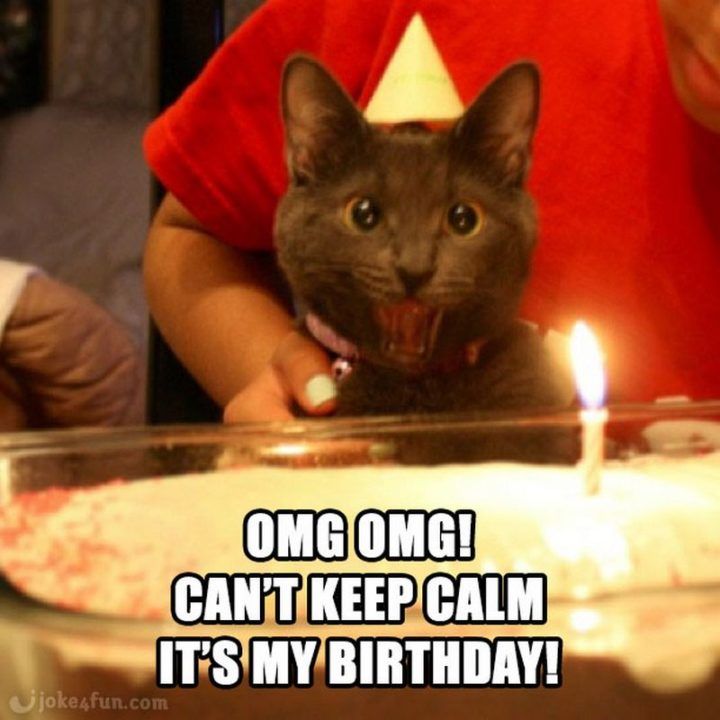
- What did you learn last year?
Every year comes with its ups as well as downs, but I believe we should reframe these negatives as challenges. Ask yourself: what were some of the biggest challenges I faced last year?
After you have a mental list, write down the lessons you learned from those challenges. And if you are still facing a challenge, write down what you can do to make it better!
Write it down: Last year, I faced the challenge of _____ and learned _____.
- What do you hope will happen this year?
Let’s take a look at the future now! This question aims at what do you want to be celebrating in the future? Imagine sitting down at your birthday next year— if I handed you a glass of red wine, what would we be celebrating about?
It could be something goal-oriented, like getting new clients or a bonus. But it doesn’t have to be—your hope for this year can simply be an inner change within yourself, like becoming more compassionate, more patient, or controlling your negative emotions.
Write it down: I hope to _____ by my next birthday.
Pro tip: Research shows that people who set goals are more successful. Read our article on goal setting to make your goals more achievable!
- What do you want to learn this year?
Stanford University psychologist Carol Dweck came up with a term called the “growth mindset.”
What is a growth mindset? A growth mindset is a belief that one can develop and increase their basic abilities and skills through hard work and dedication. This mindset is opposite of the fixed mindset, in which people believe their qualities cannot be changed. People with a growth mindset often learn and achieve more compared to those with a fixed mindset.
People with a growth mindset are:
- Happier
- More successful
- More fulfilled
Do you have a growth mindset? When you truly believe you can learn, new skills and abilities will come to you SO much easier! Here are some skills and abilities you can work on by your next birthday:
- Learning people skills
- Learning how to program
- Becoming good at drawing or painting
- Becoming a public speaking wizard
- Becoming conversational in a new language
- Starting a new Youtube channel
And sometimes we truly forget how much we can accomplish in just one year! Do you have one big lofty goal, or multiple smaller goals?
Write it down: I want to learn how to _____ by my next birthday.
- BONUS: What happened in the past few years?
Here’s a fun bonus question you can do when you have a few years’ worth of Birthday Questions already done! Look back on your previous years and see how much you have changed:
- What were the highlights of the past years?
- What were some of my biggest life lessons?
- What were some of my goals, and did I accomplish them?
- What new skills did I learn?
When you look back in your journal, you can truly see how much you’ve changed! And it makes your birthday feel that much more special.
↑ Table of Contents ↑
How to Beat the Birthday Blues:- Birthday Blues “often simply are part of getting older.” Remember, you are not alone in feeling this way.
- The hard truth: People can’t read your mind. If you want to celebrate small, big, or not at all, it’s on you to plan it or at least verbalize your own expectations for your day.

- Be direct about gifts. People also don’t always know what you like, so give friends and family ideas about what kind of gifts to get you.
- Have compassion. Be kind, easy, and non-judgmental on yourself. Realize you are more than your birthday.
- Your birthday comes once a year. So take charge and do it right—for you.
Special Note: If you are dealing with someone with the Birthday Blues, or suspect that they are, please show them they are loved and appreciated. Send them a funny video. Gift them the perfect gift. Or simply say “happy birthday.” A small action from you may mean the world to a person who is alone on their birthday.
↑ Table of Contents ↑
Things to Do On Your Birthday Alone:I have some rituals I do on my birthday, whether I am spending my birthday alone or with close friends and loved ones. Here are some of my favorite things to do alone on my birthday:
- Donate to a non-profit.
 Every year on my birthday I donate to KIVA, my favorite charity, and pick female entrepreneurs to sponsor. I also ask friends and family to donate to them instead of getting me gifts. You can even volunteer if you want. Do you have a favorite charity? Find one you love on your birthday!
Every year on my birthday I donate to KIVA, my favorite charity, and pick female entrepreneurs to sponsor. I also ask friends and family to donate to them instead of getting me gifts. You can even volunteer if you want. Do you have a favorite charity? Find one you love on your birthday! - Go on a journey. It’s always really fun to go somewhere new for your birthday. If you can’t do it with others, why not go yourself? You can travel somewhere far, or browse Airbnb and find a home close by—whether it’s a treehouse in the middle of a forest, a cabin up in the mountains, or a seaside hut, find a unique place to stay and live it out!
- Treat yourself to the spa. At least once or twice a year I try to treat myself to a massage at the spa. It definitely helps relieve stress and removes tension in your muscles. It’s the perfect relaxation activity on your cake day!
- Take a class. You can also try a new class on your birthday—cooking classes, fitness classes, a writing class; you name it, and there’s probably one available.

- Eat some cake. Even if you can’t enjoy it with others, there’s no reason not to make a cake! You can even make some brownies, buy a donut, or enjoy your favorite food as an alternative.
- Reflect on learning. Every year I sit down with my birthday journal and self-reflect on the 4 questions above. Last year I even wrote a post called “20 Key Lessons I Learned in My 20s.” Check it out:
↑ Table of Contents ↑
You are Not AloneRemember, there are a lot of people who spend time alone or who feel birthday depression. You are not alone. But it is up to you to cherish it and spend your birthday however you want!
And if you need help, please DO reach out to someone! Here are some crisis services worldwide that are trained to provide support, courtesy of Reddit:
https://www.iasp.info/resources/Crisis_Centres
http://www.befrienders.org
http://www.suicidepreventionlifeline.org/GetHelp/LifelineChat.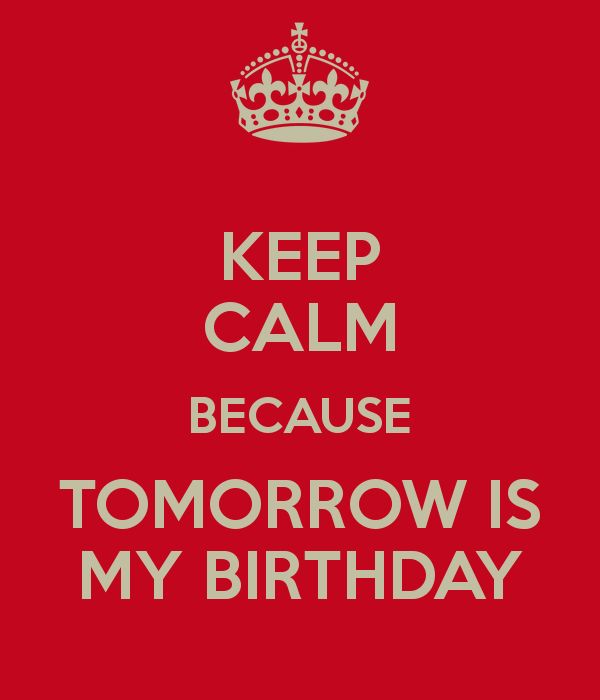 aspx
aspx
http://www.samaritans.org/how-we-can-help-you [UK]
https://www.lifeline.org.au/Get-Help/ [AU]
Finally, here’s a little birthday gift for you, from the team here at Science of People.
I hope you truly own your birthday, and do what makes YOU feel happy!
Happy birthday!
Vanessa
12 Ways to Conquer the Birthday Blues
Medically reviewed by Timothy J. Legg, PhD, PsyD — By Janine Annett — Updated on August 4, 2017
Ah, birthdays. From your dentist to your boss to your Facebook friends, everyone wishes you a happy one. Plenty of people go all out for their birthdays, staging elaborate parties even as adults, milking each birthday for all it’s worth.
For some people, though, birthdays are a source of ambivalence, anxiety, or depression. But they’re unavoidable, coming once a year whether we like it or not.
Generally, I’m not that enthusiastic about celebrating my own birthday. It’s not that I hate it, exactly, but I just don’t see the need to make a big fuss about it every year. My birthday happens to coincide with the start of the busy holiday season, too, so my stress is already sky-high.
My birthday happens to coincide with the start of the busy holiday season, too, so my stress is already sky-high.
During the November to December stretch, I’m trying to figure out vacation schedules, work demands, and family travel — not to mention Thanksgiving menus and shopping and cooking and cleaning and planning and budgeting and Christmas presents and, well, who has time for a birthday?
Since I tend to be the planner of my family and my group of friends, it typically falls to me to make my own birthday plans: picking a restaurant, making a reservation, getting a babysitter. This just adds to my to-do list and stress level.
Most of all, though, the reason I no longer look forward to my birthdays as much as I once did is that I’m missing a key person to celebrate with me. My dad passed away in 2003. My birthdays just haven’t been the same since.
My mom, of course, always wishes me a happy birthday. But it’s tough when one of the people who helped usher you into the world is no longer there with you to help celebrate the day you were born.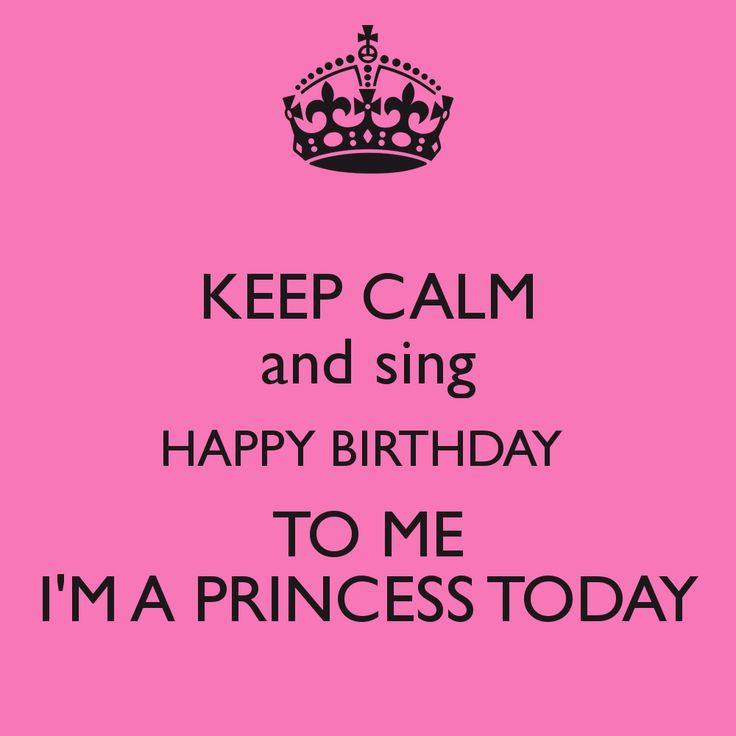
I think to myself, wow, it’s been 14 years since Dad died. In another 13 years, I’ll be the same age he was when he died. It’s too bad he never got to meet his only grandson … and so on.
There’s also the pressure to meet certain milestones or accomplish key things by some arbitrary birthday.
“You’re 30 and not married yet? When are you going to have kids?”
“You know, your metabolism really starts to slow down in your 40s. Just wait til you’re my age.”
“You should’ve started saving for retirement already.”
I’ve heard people lament they haven’t checked off boxes of career accomplishments, romantic relationship goals, family ideals, real estate dreams, creative pursuits, or the accumulation of a certain level of wealth by a certain age.
The average age of first-time mothers in 2014 was 26. The average age of a first-time homebuyer in the United States is 32 years old. I didn’t hit either of these “milestones” until I was well past the average age — in part because I live in one of the most expensive areas of the United States, but also because I simply did these things on my own timetable, when I was ready.
But maybe your birthday causes a fear of getting older and facing your own mortality. This is a legitimate anxiety shared by many. One study found that birthday stress made people with a history of high blood pressure have a higher chance of having a stroke or heart attack on their birthday. The study also mentions a woman who developed anxiety symptoms around her 75th birthday — because her mother had died at 75.
Personally, I have a few ways I try to make my birthday more pleasant.
I try not to overplan things or cram too many events into one day. I tell myself it’s OK to miss my dad and be sad on my birthday. If someone goes to the trouble of wishing me a happy birthday or giving me a cake or gift, I try to accept it graciously and appreciate that people are thinking of me and wishing me well.
I also think about some of the benefits of getting older. A few studies have shown that there are perks that come with aging. One study in adults between ages 21 and 100 found that there was an improvement in self-reported mental health in the older group. This means there’s often a steady boost in mental health as you get older.
This means there’s often a steady boost in mental health as you get older.
Another study found that younger people were more neurotic, while older adults were more likely to demonstrate less negativity.
Whatever the reason for your birthday stress or ambivalence, I think it’s fine to mark the occasion of your birthday in a way that feels right to you. If you’d rather sit home by yourself reading a book, you should (in fact, that’s pretty much my ideal day).
You might have a better birthday if you take some time to reflect on why you dislike this day, what it means to you, and what you can do to make yourself at least dread it a little less.
I’m a big believer in the saying, “Help yourself by helping others.” Try asking others to donate to a charity in your name in lieu of gifts. Take the day to volunteer in your community. Spending time in nature, hanging out with kids or pets, or getting exercise are also some good birthday-blues busters.
12 Ways to Conquer the Birthday Blues
- Don’t overly plan your day if you’re easily overwhelmed.

- Set it and forget it. Earlier in the year sign up for freebie birthday giveaways that will make you smile on the day of.
- Appreciate the people who are thinking of you.
- Think about the benefits of getting older.
- Mark the occasion in a way that feels right to you.
- Reflect on why you dislike your birthday.
- Spend time with friends, family, or pets.
- Volunteer or donate to charity.
- Get some exercise or spend time in nature.
- Avoid FOMO — Don’t compare your celebration to others.
- Whether you decide to add your birthday to social media or not, be ready to handle the response or lack thereof.
- Set realistic expectations.
For me, I ask that instead of a “Happy Birthday,” my friends wish me a “Tolerable Birthday” — or at least respect my desire not to have a huge birthday bash.
Who is (not) happy about a birthday?
124 121
Know yourself
“When my father was told that I had already been born, he immediately went to the kiosk and bought a whole pack of newspapers – a kind of “memory picture” about what was happening in the world that day .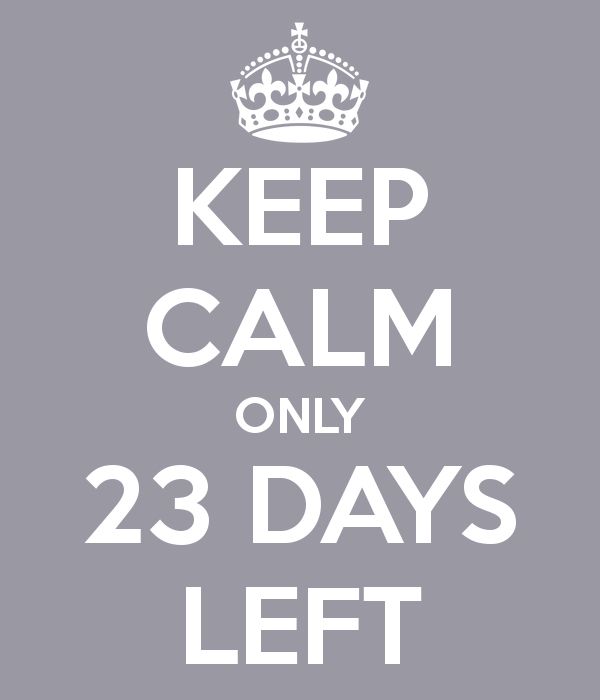 Until now, I carefully keep this gift, ”admits 48-year-old Yuliana.
Until now, I carefully keep this gift, ”admits 48-year-old Yuliana.
Unique by definition, this day is unlike any other. Day, month, year - this combination, unique for us, marks the arrival in this world and accompanies us throughout our lives. Like the sound of our name, this day is filled with a very special, intimate meaning. Is it any wonder that none of us are indifferent to him?
What do we think about on our birthday?
“I noticed that already a few weeks before my birthday, some unpleasant fuss begins in my business, and for some reason my mood invariably deteriorates,” admits 32-year-old Alena. “I don’t know, maybe I don’t like holidays at all, even on New Year’s I usually try to go somewhere...” some important questions have accumulated that we try not to think about, the answer to which we cannot find. In this sense, the birthday really resembles the New Year: it seems to start a new life cycle.
“Thanks to this date, we have our own starting point, a reason to take stock and make plans,” explains family therapist Inna Shifanova. “For some, this inner work can give acceleration, push them to the implementation of their plans, and someone can lead to sad thoughts.”
“For some, this inner work can give acceleration, push them to the implementation of their plans, and someone can lead to sad thoughts.”
This is quite understandable: the one whose plans were successful rejoices more on his birthday than the one who met with failures. However, they are also useless. “To understand what we regret is to understand what we wanted,” notes the family therapist. “If these desires are still with us, we can look for new opportunities to fulfill them in the future.”
This day makes us recognize that the movement of life is inevitable. But not everyone is ready for change. No wonder there are so many jokes on this topic: “It’s not the first year I’ve been celebrating my 30th birthday.” And if, say, on the New Year we take a step forward together with other people, then on our birthday, it’s as if we have to do it alone, only on our own. And the rest remain in the same place where we were all the day before. This, of course, is an illusion, but it can exacerbate the feeling of loneliness, even if we are among friends.
We grow up only realizing that we ourselves, with our decisions, are able to influence our destiny
On birthdays, belief in the New Year's omen “as you meet, so you will spend” adds anxiety to some people. When the usual party fails, we rarely get upset for long. But if something unpleasant happens on our own holiday, then we are sometimes upset as if we had ruined the whole next year.
“These are traces of the magical thinking typical of childhood,” explains Inna Shifanova. “We grow up only realizing that we ourselves, with our decisions, are able to influence our destiny.”
Gifts, congratulations, friends and family, wishes of happiness... As children, we celebrate the renewal of the world, which is endless for us: it was before us and will be after. But a birthday is a date that is inextricably linked with death.
“These two points determine earthly life, this is the beginning and the end of our “I”, explains Jungian analyst Tatyana Rebeko. “A birthday reminds me every time that time is not infinite, and the narcissistic infantile part of the personality, thirsting for omnipotence, suffers from this.”
“A birthday reminds me every time that time is not infinite, and the narcissistic infantile part of the personality, thirsting for omnipotence, suffers from this.”
However, the analyst is encouraging, there is also a positive side to realizing that it is impossible to go back, and what has gone is lost forever: “When we begin to better understand the limits of our capabilities, this only strengthens our “I”.
A holiday for yourself or others
“A month before my friends start asking where and how I'm going to celebrate,” 18-year-old Savva wonders. “I feel strange because this is my holiday, but it turns out that I have obligations that I must fulfill.” It seems that the very idea of a holiday implies a collective pastime. Colleagues, friends and relatives often expect that we will celebrate our birthday with them. For some, the need to be with others on this day is not a problem: communication with colleagues or loved ones is the main pleasure.
“For me, this is a rare and, therefore, a particularly valuable opportunity to gather everyone I love,” says 26-year-old Maria. “Most often, extroverts rejoice at the opportunity to convene guests,” says Inna Shifanova, “those of us who are outward-oriented, who like the role of the soul of the company.” But if this is not just a desire, but a need to be in the center of general interest, then the reason may be different - in the great lack of attention that such a person experiences the rest of the time. According to the Jungian analyst, "the role of the birthday man makes up for the deficit, providing the legal right to be the best at least once a year."
“Most often, extroverts rejoice at the opportunity to convene guests,” says Inna Shifanova, “those of us who are outward-oriented, who like the role of the soul of the company.” But if this is not just a desire, but a need to be in the center of general interest, then the reason may be different - in the great lack of attention that such a person experiences the rest of the time. According to the Jungian analyst, "the role of the birthday man makes up for the deficit, providing the legal right to be the best at least once a year."
But the main role can be burdensome, especially if it involves trouble. 28-year-old Kirill says the same thing: “I don’t like to prepare for the holiday, but every year I expect miracles from this day. I love to have someone else prepare a surprise for me."
Echoes of childhood can be heard in many — when parents prepared the holiday and “miracles”, and we only had to accept their care. Birthday is a kind of test for adulthood: how independent we are, how ready we are to take care of ourselves . .. and of others.
.. and of others.
We find ourselves in the center of attention, like actors on the stage of a theatre, and this is always a test.
“Living among people, we are constantly looking for compromises between their desires and our own,” reminds Tatyana Rebeko. “And if we are expected to invite guests, we can do just that in order to please loved ones, even if we ourselves would prefer solitude.”
In doing so, we have to answer another call. “Many (especially women) are worried about how their housing, cooking skills, and appearance will be assessed,” notes Inna Shifanova. - They perceive a meeting with guests as an exam, only there is not one examiner, there are several of them. And the harder it is to get it right.”
Tatyana Rebeko adds: “We find ourselves in the center of attention, like actors on the stage of the theater, and this is always a test. After all, even those who have been playing the performance for more than one season are worried before going out to the audience. ” But, like actors, we feel satisfaction when the performance is played, even if we feel tired.
” But, like actors, we feel satisfaction when the performance is played, even if we feel tired.
However, the gathering of guests is not the only possible variant of the celebration. “Since I turned 50, I have been striving to meet this day away from home and loved ones,” admits 53-year-old Lyudmila. “For some reason, I don’t want to arrange a holiday for others. I take a vacation and go somewhere to take care of my health or see something new.”
We have this opportunity to decide how we will spend the day. “It is important that this choice be conscious,” emphasizes the Jungian analyst, “so that we understand that we made it ourselves, and do not consider ourselves obligated to someone and suppressed by these obligations.”
The official reason for compliments
“I hate clichés, so I don't celebrate my birthday! - says 25-year-old Elena. “I prefer to do something unusual, like celebrate the summer equinox.” Elena is annoyed by the fact that the play called “birthday” is known to everyone and the actions are largely programmed: guests, cake, flowers, congratulations. But do not underestimate the rituals of the celebration.
But do not underestimate the rituals of the celebration.
“Repetition creates a feeling of reliability,” says Inna Shifanova, “and a well-known routine reduces personal responsibility and anxiety: both the guests and the birthday boy just do what they are supposed to do. Few would have had the courage to call their acquaintances and say: praise me! Birthday orders to compliment the hero of the occasion, and this is especially valuable in our culture, which is characterized by high criticality towards ourselves and others.
The same criticality sometimes makes congratulators suspect of insincerity. “However, even if the praises are exaggerated, it does not follow that there is no real basis under them,” Inna Shifanova is sure. What if you believe in your own worth? This is how 32-year-old Katerina relates to this holiday, for her it is “a reason to bring together people who care about me and give them the opportunity to tell aloud how good I am and how much they love me. ”
”
This is a kind of training to increase self-esteem and develop the ability to accept positive feedback, as well as withstand the attention of others. “On this day, we are like a child who was called to read a poem: he is both shy and really wants to be praised,” notes Tatyana Rebeko.
“On this day we are experiencing an existential crisis”
What mood will be on this day largely depends on what we consider the main thing in life. If we accept as an axiom (as the advertising industry tells us) that youth, beauty and the meaning of life are complete synonyms, then a reminder of the passing time can be traumatic. Many people say that they stopped loving birthdays “because of age” - and the age is called different: some after 50, and others after 30.
“Our body inevitably gets old, and we certainly don't have to have fun about it,” says Gestalt therapist Marina Baskakova. “But we are not just one body. Note: we call the celebrating a birthday, and name days in church tradition are a celebration of the arrival of a new soul on Earth, a day, above all, of spiritual birth.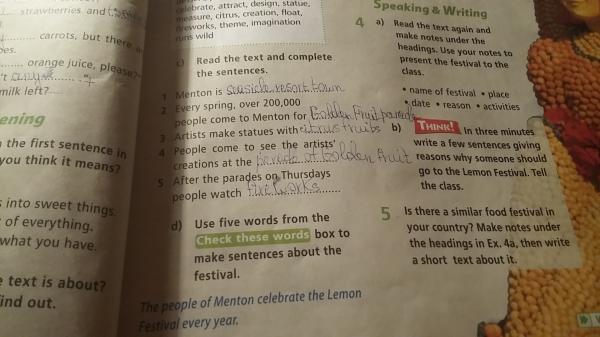
If a person does not like his birthday, it is important to ask him what were the circumstances of his birth
The holiday will also depend on our family history, Inna Shifanova emphasizes: “How was it in childhood? Did you gather those friends that the child himself chose, or were they invited by his parents? What gifts were given - pleasant or useful? In addition, in addition to the conscious part, there is also an unconscious part in memory.
“If a person doesn't like his birthday, it's important to ask him what were the circumstances of his birth,” says Tatyana Rebeko. “And it may turn out that either the parents did not really want the child, or difficult events accompanied its appearance: someone died or became seriously ill.” We pass this date every year and get a new chance to find out what meaning it is filled with for us, if we carefully listen to our feelings.
“On this day we are experiencing an existential crisis — it, like litmus paper, reveals the reality in which we exist,” notes Marina Baskakova.
Whether we are alone or surrounded by like-minded people, what we have already done and what we have to do, what is the meaning of our being - we ask ourselves all the most important questions of life on this day. But as we reflect on the answers, let’s not forget: if on our very first birthday we could not influence how the world would treat us, now, on each subsequent birthday, we have the right to meet the world again - on our own terms.
Sometimes they say it's like being left without a birthday. In fact, the opposite is true - such people often live with the feeling that everyone is celebrating their birth! And this can affect self-esteem, and even the fate of a person. So, most prominent US citizens were born on the eve of or immediately after three significant dates: Independence Day, Christmas and New Year, psychologist Albert Harrison noted this, having studied the dates of birth of members of the US Congress and other celebrities.
He suggests that the parents of such a child may see symbolism in the date of his birth, and he unconsciously "reads" it.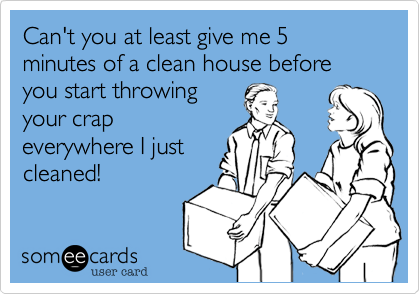 For example, a person born on Independence Day will experience special patriotic feelings, and this will push him to study and work hard for the good of his country. And he will succeed in life - after all, diligence and diligence lead us to social success.
For example, a person born on Independence Day will experience special patriotic feelings, and this will push him to study and work hard for the good of his country. And he will succeed in life - after all, diligence and diligence lead us to social success.
Text: Elena Tyuleneva Photo Source: Getty Images
New on the site
Women versus men: who has a stronger libido?
How to speak to be listened to: 6 tips — use in any life situations
Decluttering friends: how to “clean up” your social circle and how it is useful
How the situation with domestic violence has changed in 2022: conclusions and forecasts
“ My mother died in agony in front of my eyes. How to deal with pain?
5 foods that will make your nerves stronger
How to propose so that you definitely won’t get rejected: 3 main rules
“I attract the wrong men”: how to break the vicious circle
I don't like my birthday: why, psychology, how to love
Not all people like holidays.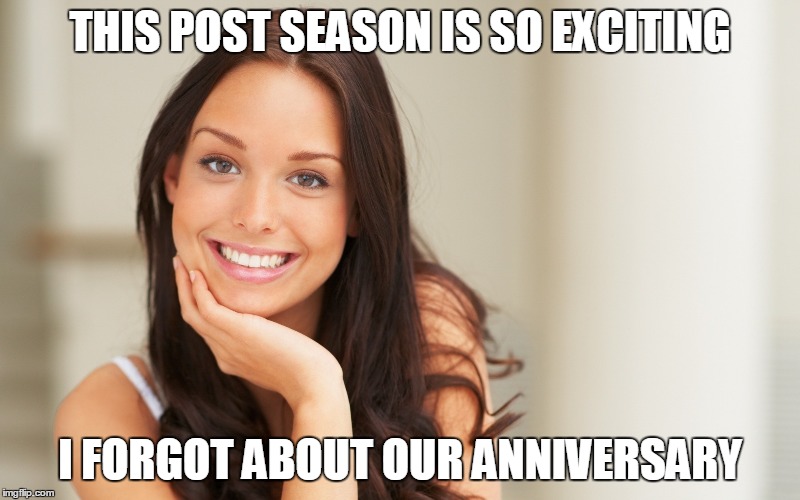 Someone gets excited before a birthday, and someone tries to turn off the phone and leave the city. Surprisingly, despite the fact that a birthday is one of the main holidays of the year for a person, many on the eve of the solemn date say: "I don't like my birthday. I don't like to celebrate my birthday." Is it that bad? Let's figure it out.
Someone gets excited before a birthday, and someone tries to turn off the phone and leave the city. Surprisingly, despite the fact that a birthday is one of the main holidays of the year for a person, many on the eve of the solemn date say: "I don't like my birthday. I don't like to celebrate my birthday." Is it that bad? Let's figure it out.
Why a person does not love my birthday? Reasons
How to understand why you don't want to celebrate your birthday? Nothing in life happens by chance. If some people love birthdays and others don't, it means that people who cannot fully enjoy the holiday have some psychological problems. "I don't like celebrating my birthday. I don't like my birthday. I don't like celebrating my birthday." - if you have said these phrases at least once in your life, then you need to understand why you do not like to do this.
- Awareness of age. On his birthday, a person realizes that he has become closer to death. Unfortunately, time cannot be stopped and not allowed to go back.
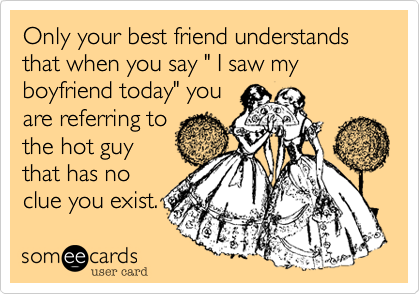 Therefore, each of us has to put up with the fact that time is fleeting, and today the age will change again.
Therefore, each of us has to put up with the fact that time is fleeting, and today the age will change again. - The realization that the best is behind us. Such an opinion is characteristic of pessimists, but even optimists can become discouraged on their joyful day. Often people who have not found their place in life or have not learned to enjoy their existence suffer from depression about the best years that are left in the past.
- Targets not achieved. Every person has a script for their life in their head. And if year after year a person does not get closer to his dream, then he is overcome by depression. He understands that there is less and less time left for the realization of desires.
- Life is not what you want it to be. Lazy people who love comfort can find out every year that they are out of place, and in general, they don’t really like what they do. However, they do not change their behavior. They have to put up with such an existence and therefore life passes by.

That's why people don't like birthdays.
Signs
Why do people dislike their birthday? How to understand that a person does not like his holiday? Someone does not hesitate to talk about it, but most people prefer not to advertise such information. To understand this fact, you need to delve a little into human psychology. “I don’t like my birthday,” a person may not even say such a phrase to you, pay attention to his behavior, and everything will become clear to you.
- No desire to see anyone. A person finds many reasons for not having guests at home and not taking friends and relatives to a restaurant. The birthday boy prefers to spend his day at home, lying on the bed or watching his favorite series. Such people do not ask the question: "Why do I hate my birthday?", but simply enjoy peace and quiet.
- Health problems. There is a completely reliable theory that all human diseases come from the head. The more problems a person has, the more his head will hurt.
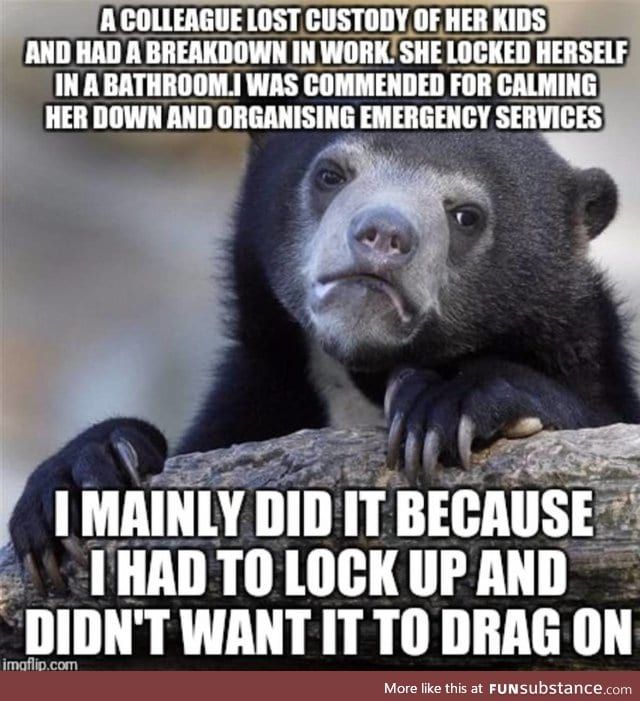 And if a person does not want to celebrate his birthday in any way, then he will regularly get sick on his holiday.
And if a person does not want to celebrate his birthday in any way, then he will regularly get sick on his holiday. - Depression. If a person does not get sick physically, then he will be morally devastated. The hero of the occasion will be very sad and bad from the realization of the thought that another birthday has come.
I don't spend the day birth. Pluses
Surely you have met people who frankly admit: "I don't like to celebrate my birthday." Do you think it's very bad? Nothing like this. In any situation, you can find your pluses, if you look for them well.
- It's time to sleep. I want nothing for the day birth is a completely normal state. With the modern rhythm of life, not all people have time for a full weekend. All the time you need to run or go somewhere. And on your birthday, you can officially give up all your duties and restore your strength and moral energy while sitting at home.
- There is a time to make plans for life.
 What do people who like to celebrate their birthday do? They cook a cake, receive friends and relatives. And the one who does not celebrate the day birth, can write his own plans for life and in a calm atmosphere to take stock of the year.
What do people who like to celebrate their birthday do? They cook a cake, receive friends and relatives. And the one who does not celebrate the day birth, can write his own plans for life and in a calm atmosphere to take stock of the year. - Holiday for parents. How often do grown children see their parents? Well, if once a week. If a person does not celebrate his birthday, then with a clear conscience he can celebrate not his birthday, but the holiday of his mother, who on this day finally learned the joy of motherhood.
Cons
Why does a person not like his birthday? The reasons for this are different for all people, a lot has been written about them above. What are the disadvantages of the fact that the birthday man does not celebrate his personal holiday?
- Friends are offended. Close people love holidays and love to be entertained. A person who officially refuses to celebrate his birthday becomes almost a public enemy. Such a person is treated with a little disdain.
 After all, many expect to take a walk at a fun party, which the birthday boy is simply obliged to organize for them.
After all, many expect to take a walk at a fun party, which the birthday boy is simply obliged to organize for them. - Public condemnation. People around will not only openly despise a person who does not celebrate his holiday, they will still gossip behind his back. Rumors will quickly spread about such a person as an abnormal person who neglects social principles.
Is this normal?
Why don't I like my birthday? What to do? In fact, psychologists do not see anything wrong with the fact that a person does not like his birthday. To this day, all people have their own attitude. Therefore, do not consider yourself abnormal just because you do not want to see a crowd of friends at your house on your holiday. You can always organize a party where you walk for no reason. If you do not want to do anything on a holiday, then allow yourself to be lazy. Celebrate your birthday the way you want. Don't want to leave the house? So, sit on the couch. Don't want to see your friends? Don't date them.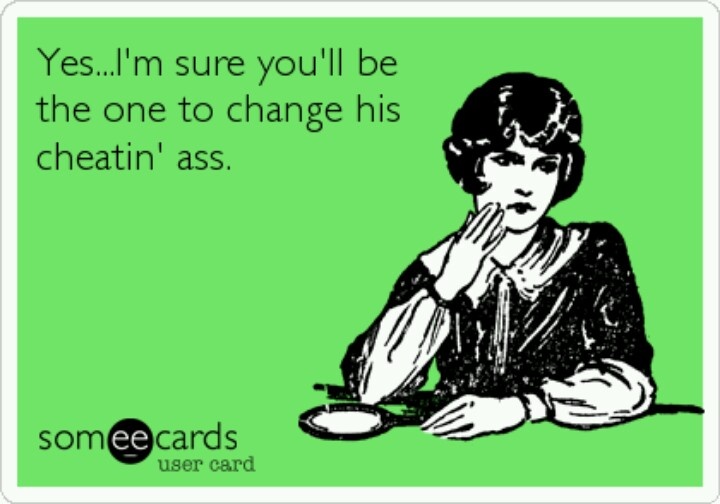 Of course, the rules of etiquette should not be violated, so you should not "bark" into the handset at everyone who decides to congratulate you personally on your holiday. Thank you and don't continue the conversation. This is the best option for how to accept congratulations at a time when you don’t feel like doing it at all. One of the most famous people who do not like their birthday was Albert Einstein, we advise you to read more about this here: http://fb.ru/post/science/2016/6/2/5740.
Of course, the rules of etiquette should not be violated, so you should not "bark" into the handset at everyone who decides to congratulate you personally on your holiday. Thank you and don't continue the conversation. This is the best option for how to accept congratulations at a time when you don’t feel like doing it at all. One of the most famous people who do not like their birthday was Albert Einstein, we advise you to read more about this here: http://fb.ru/post/science/2016/6/2/5740.
Self-loathing
Why don't I like birthdays? This question is often asked by people with low self-esteem. Introverts try to disguise their introversion problem as indifference.
In fact, people simply cannot come to terms with their complexes, therefore they cannot realize that others love them for who they are. It seems to many that they are unworthy of love and therefore they simply should not have an individual holiday. If you recognize yourself, then you should urgently correct the situation.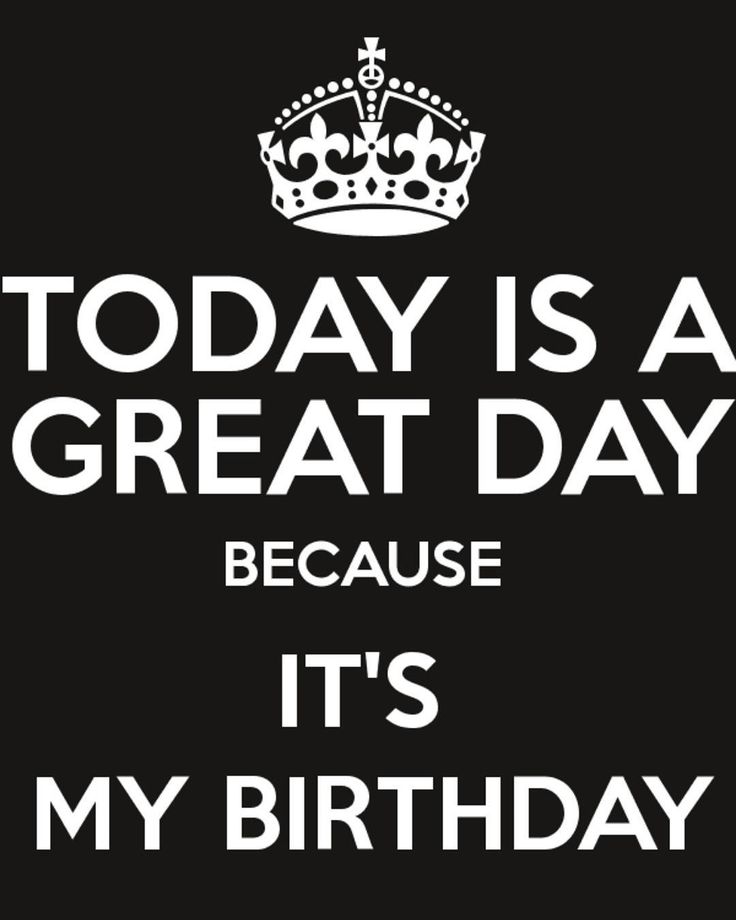 And the first thing to do is to raise self-esteem. On your holiday, allow yourself to do everything that you have long dreamed of. For example, if you are on a diet, then allow yourself to eat a piece of cake, go to a concert of your favorite band or a movie with your favorite actor. Understand that you, like many other people, are individual. There is no other person like you on this earth. Appreciate it, and learn to understand that you deserve more than you have. Therefore, look positively at your birthday and do not be afraid to celebrate this event.
And the first thing to do is to raise self-esteem. On your holiday, allow yourself to do everything that you have long dreamed of. For example, if you are on a diet, then allow yourself to eat a piece of cake, go to a concert of your favorite band or a movie with your favorite actor. Understand that you, like many other people, are individual. There is no other person like you on this earth. Appreciate it, and learn to understand that you deserve more than you have. Therefore, look positively at your birthday and do not be afraid to celebrate this event.
Too much attention
Do you dislike being stared at? Psychologists often answer the popular question: "Why don't I like my birthday?" simply: "Because you don't like attention." Indeed, introverts are simply uncomfortable when, for example, at work, colleagues from the entire department come up to them and start hugging and kissing in turn. Such behavior confuses modest people, so they mentally prepare in advance for the fact that a difficult test awaits them: to stand for 5 minutes in front of everyone and not be embarrassed, and most importantly, not to do something that everyone around will certainly discuss later. For this reason, it is sometimes easier for introverts to sit at home and not go to work on their holiday than to accept congratulations from unfamiliar people whose opinions are completely uninteresting to individuals.
For this reason, it is sometimes easier for introverts to sit at home and not go to work on their holiday than to accept congratulations from unfamiliar people whose opinions are completely uninteresting to individuals.
Lack of support
If a person complains to you: "I don't want to celebrate my birthday", then you need to be sympathetic to him. Most likely, in the life of such an individual there is not enough support from loved ones. A person is in an unpleasant position: everyone loves him, but it seems to him that they do not love him enough.
Or maybe it's just beneficial for others to communicate with a person and maintain only the appearance of good relations with her. That's why you don't want to celebrate your birthday. There is nothing surprising in the fact that a person who has no real friends has absolutely no desire to cancel
Print your birthday. Such a person would be better off pretending that there is no holiday, and that in reality everything is fine in life. And such people can engage in self-deception and self-hypnosis for quite a long time.
And such people can engage in self-deception and self-hypnosis for quite a long time.
What to do if not do you want to celebrate your birthday? How to change the situation?
What advice do psychologists give to people who say "I don't like birthdays"?
How to love your birthday? How can psychology help?
- Increase your self-esteem. Arrange a birthday party not for others, but for yourself. Do what you like. If you have long wanted to go on a short trip, then it's time. Try to enjoy life on your bright day.
- Understand that it is not only your successes that need to be celebrated. It is good when a person strives to celebrate those stages of his life in which he was able to achieve something. But from time to time it is good to relax and meet friends. Why not make your birthday a day when you finally get together with your loved ones and chat with them in an informal setting.
How to develop a love for the holiday in a child?
Wouldn't you like a grown-up child to tell you: "I don't want to celebrate my birthday" or "I don't celebrate my birthday"? Then try to instill a love for the holiday in your baby.
